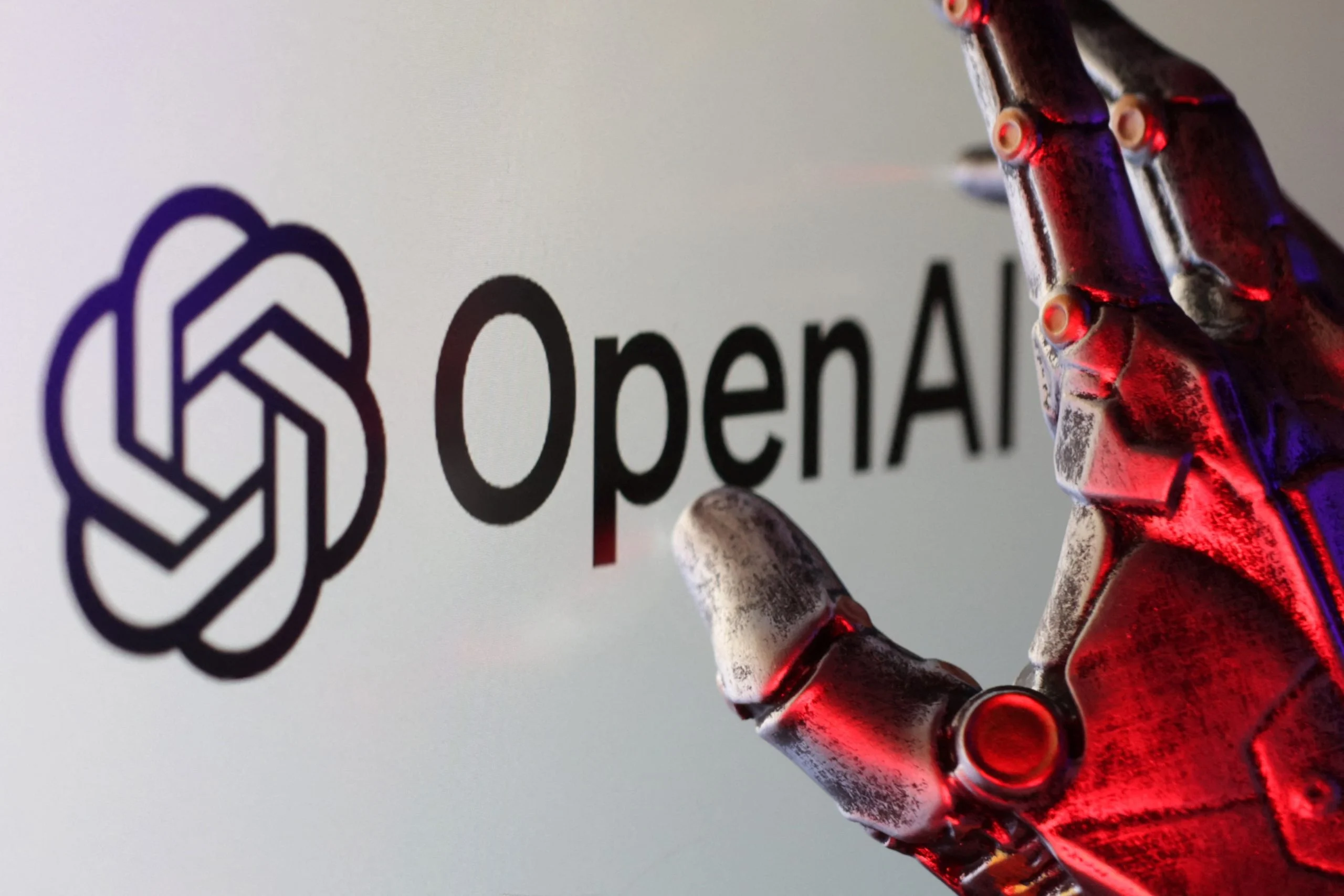Datafication – The Future of Businesses
Blog Credit: Trupti Thakur
Image Courtesy: Google
Datafication is simply transforming everything in our life into devices or software powered by data. So, in short, Datafication is the modification of human chores and tasks into data-driven technology. From our smartphones, industrial machines, and office applications to AI-powered appliances and everything else, data is here to stay for longer than we can ever remember! So, to keep our data stored the right way and secure and safe, it has become an in-demand specialization in our economy.
Datafication is a technology trend turning the aspects (behaviors, processes, and activities ) of businesses, customers, and users into data with the help of technologies like Artificial Intelligence, Machine Learning, Robotics, and many other emerging stacks. This data can be tracked.
Datafication leads to a higher need for IT professionals, data scientists, engineers, technicians, managers, and so much more. Even more useful is that anyone with a sound knowledge of technology can do a certification in data-related specializations to find a job in this space. Data jobs are more about skills than big-level qualifications, and we have so many successful leaders emerging from smaller cities and developing countries like India. You can also equip yourself with this useful trending skill by doing a course like RPA to help you understand how automation works in the world of data. Let’s look at some popular data careers:
- Big Data Engineers
- Robotics Engineers
- IT Architect
- Business Intelligence Analyst
- Data Scientists
As a primary asset of companies today, data is revolutionising sectors such as human resources and accountancy
Datafication, despite being a term coined in 2013, remains extremely relevant. It seeks to transform social behaviour into quantified data by applying sophisticated mathematical analysis rather than simply converting analog information into digital one, like in digitisation.
In this article, we argue that datafication is not only about collecting and analysing data, but also about transforming our everyday life by making it more efficient, effective, intelligent and enjoyable.
The primary purpose here is to show that datafication is an essential part of digital strategies for companies who wish to remain relevant in the market.
What is the importance of datafication in a business organisation?
Datafication helps businesses improve their products and services by using real-time data. Plus, it is an important component in collecting customer feedback about the quality of the products and services offered by any company.
Take data-driven marketing strategies for instance. As one of the most important aspects of digital marketing, this process involves collecting customer insight through various channels such as social media, email and other digital platforms. The information can be used to create personalised campaigns for each client and targeting the right audience persona.
Datafication: a new business model?
We are talking about building an analytical culture that spreads across all aspects of how business is conducted in the digital age. Both artificial intelligence and machine learning play an important role in datafication but the first step begins with collecting data from various sources.
Then, AI/ML algorithms will analyse the collected data to get useful information for decision-making. The most important thing is to have a clear vision and mission statement.
If you don’t know your business goal, it is impossible to achieve anything, no matter how qualified the data will be. And that’s because data can only be considered valuable within a context that makes sense.
Data in the Cloud
An important thing that must be addressed about digital transformations, especially this step of datafication, is the shift toward cloud computing.
Over the last few years, a growing number of companies have begun to shift their infrastructure into the cloud. The market for cloud services has grown from USD $90.5 billion in 2016 to USD $408.5 billion in 2021, according to the International Data Corporation (IDC).
So what does this mean? Well, first of all, it means that people can use software as a service (SaaS) or platform as a service (PaaS). And they don’t need to buy servers anymore, because these are provided by the provider. They just pay for access to the resources.
And then there is also Infrastructure-as-a-Service (IaaS), which means that you can rent the hardware, but not the operating system. You get a virtual machine with an operating system on top of it so you can run your own applications.
Data Protection
But when you think about it, why do we still see such a high percentage of IT departments running their own servers? After all, they are expensive to buy and maintain. And if you don’t have any special requirements, why would you want to pay for something that you could just as easily use in the cloud?
The answer is that most organisations don’t really know what they need from IaaS. They might be looking at it as a way to save money, but there are other reasons too.
For example, some companies may not want to give up management over their data or applications. They also may feel more comfortable with having their own hardware (in this case, something more sophisticated). And this is often a precautionary measure due to the sensitive data many organisations collect, which opens space for investments in confidential computing.
With great power, comes great responsibility
So, when datafication enters the realm of digital transformation, it’s inevitable that attention must be paid to data protection.
Data protection refers to any action performed by an organisation to ensure that personal information is kept safe and secure.
It includes:
- Legal requirements
These include laws such as the UK Data Protection Act 2018 (DPA) and the EU General Privacy Regulation (EU GDPR). They also cover how organisations collect, store, use and disclose customer data.
- Technical measures
Technical measures refer to the actions taken to protect data in transit or at rest. Examples of technical measures include encryption, firewalls and access controls.
- Business practices
Business practices refer to how a business interacts with its customers and other stakeholders. These may include marketing campaigns, sales processes and customer service. And in a data protection scenario, for instance, it is illegal for businesses to process personal data without consent unless there is a legal basis for doing so.This means that if you do not give your consent then your data cannot be processed. If you do give your consent, this must be given freely and knowingly.
Data is king in a digital economy
The data that powers our world today was once just paper documents or bits on floppy disks. Today, we have access to an almost unlimited amount of information about people, places, products, services, and events. This abundance has created new reasons for investing in the big data and business analytics (BDA) market.
It’s no surprise to see BDA reaching USD $168.8 billion in 2018 and presenting now a forecast to grow to USD $274.3 billion by 2022.
Blog By: Trupti Thakur

20
MayDatafication – The Future of Businesses
May 20, 2023Recent Blog
Vikram 3201 & Kalpana 3201Apr 04, 2025
The Open Weight Language ModelApr 03, 2025
Asia Cup 2025Apr 02, 2025
The CrocodilusApr 01, 2025
SARATHIMar 31, 2025




